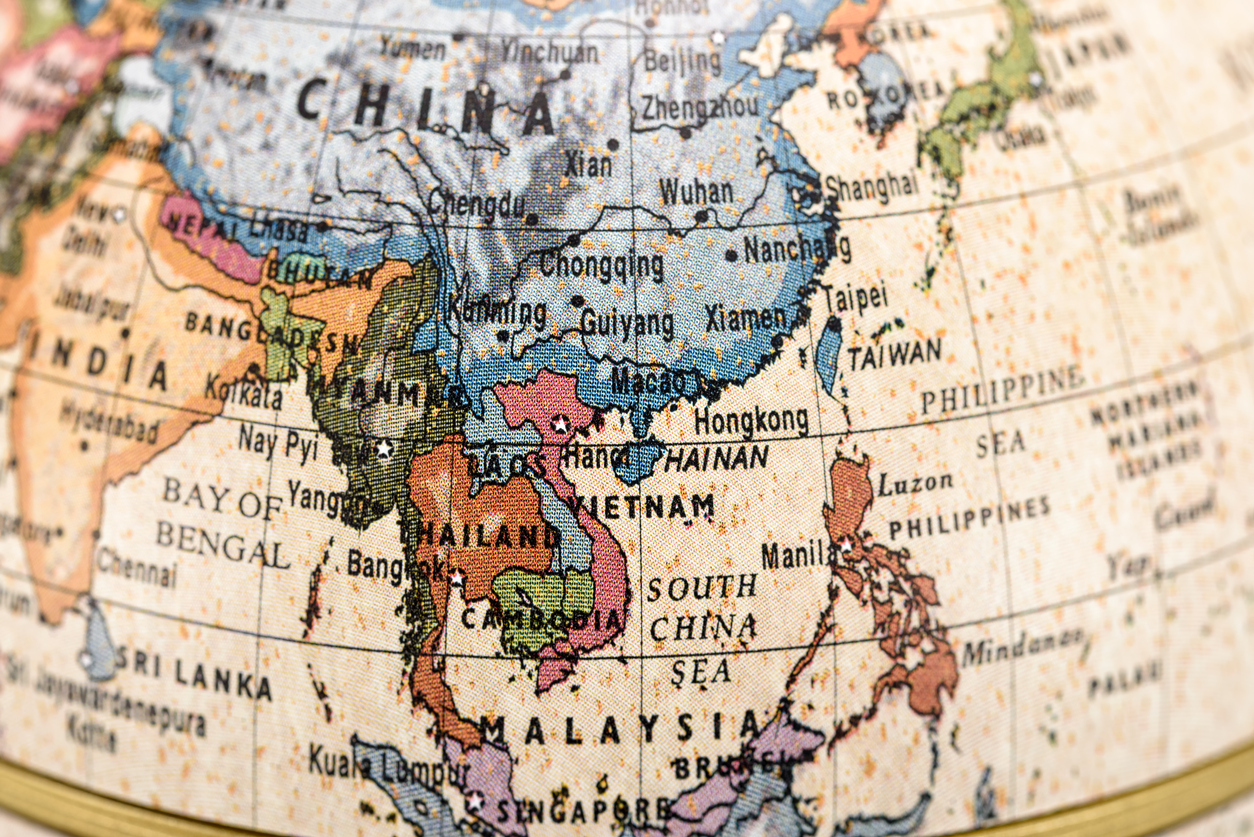2021/11/05
The Confrontation of Sense of Values Radicalized – Will the Regional Comprehensive Economic Partnership Agreement Function Normally?

(The original article in Japanese was posted on February 26 2021)
On February 24, Japanese government adopted the Regional Comprehensive Economic Partnership (RCEP) Agreement for East Asia upon a cabinet decision, aiming for the approval in the current Diet session. The RCEP is a regional economic partnership agreement participated by 15 nations, and the first EPA that China, Korea and Japan conclude. If taken into effect, this agreement will be the economic partnership agreement accounting for 30% of the world’s GDP. Moreover, China participated in this agreement where exist common rules such as the prohibition of distribution of digital data within the region, and prohibition of requirement of technology transfer for companies from other member countries. Thus, the meaning of this agreement is not small at all.
On the same day, China announced that they started unofficial negotiation for their membership with the member countries of the Trans-Pacific Partnership (TPP). In November 2020, Chinese President Xi Jinping expressed his intention that he “positively considers” China’s participation to the TPP, and it can be said that the announcement made this time emphasized that the intention has been progressing at practical level. Nonetheless, the TPP is unfavorable for China since the agreement includes articles about intellectual property, labor rights, environmental issues, and state-owned enterprises. On the other hand, there are some opinions that China’s consideration itself is an act of restraint on the return of the U.S. to negotiation for the TPP. Moreover, some member countries of the TPP do not only have close connection with China but also join the RECP. China may be exploring opportunities to add certain exceptive clauses in the agreement through the behind-the-scenes negotiation with those countries.
Regarding The U.S., also on the same day, President Biden signed the executive order to improve the supply networks for some critical areas: pharmaceuticals, rare earth minerals, semiconductor chips, large-capacity batteries, etc. The U.S. intends to lower the dependency on China by cooperating with the alliance partner countries in and around Asia such as Japan, Taiwan, Korea, and Australia. Biden clarified his attitude of De-Sinicization by mentioning that the U.S. should not rely on the country with which we cannot share the values for procurement of critical products and materials.
Trump’s presidency ended and the U.S. is hastily trying to return to the international society, and yet the stance of “anti-China” has not changed. The more the conflict gets radicalized, the more easily the current administration falls into a situation where it is unable to turn back, since the current Biden administration is more faithful to the justice or principles than the previous Trump administration that is more expedient and judges things based on profit and loss of the deals.
Under those circumstances, criticism toward the issues on human rights in Xinjiang Uygur Autonomous Region in China has been increasing. It was reported that, following the U.S. and European companies, some Japanese companies also would stop trading with Chinese local companies who were involved in repression activities of the ethnic minorities. Also, Myanmar, who is called “Asia’s last frontier” and was expected to further grow through the participation in the RCEP, is still in turmoil. The U.S. called the Myanmar Military’s takeover a coup d’état and immediately criticized it, while China sticks to the thought that the military takeover was “reform of the internal affairs of Myanmar.”
Liberty, democracy, human rights, gender, environment, and security – the framework of the economic partnership between many nations is about to be substantially restructured on the basis of “sense of values” that is beyond the economic rationality. The scenario for the future became more complicated.
This Week’s Focus, February 26
Takashi Mizukoshi, the President